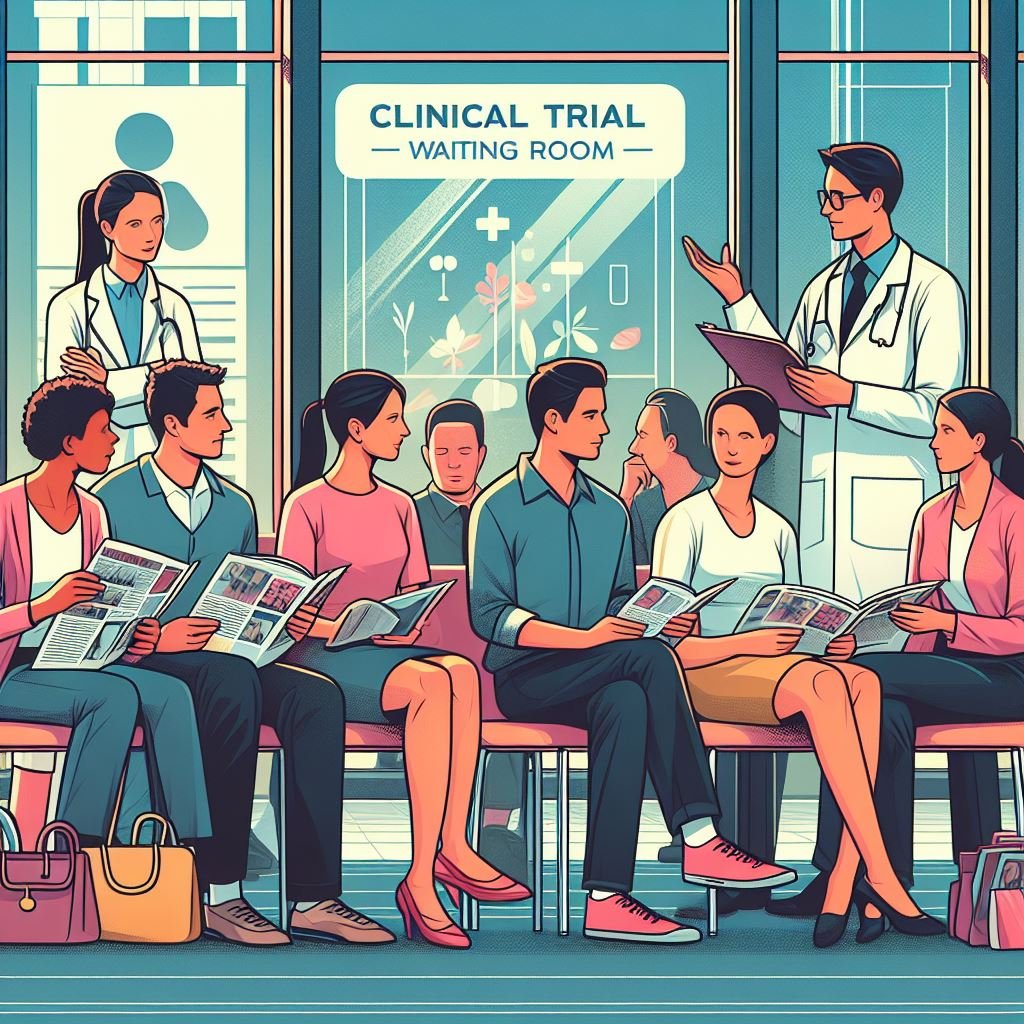Clinical trials, the cornerstone of medical advancements, are a fascinating world of discovery and innovation. They are the bridge that connects medical research with real-world applications, bringing new treatments and therapies from the lab to the patient’s bedside. But what exactly are clinical trials? Why are they so important? Let’s dive in and find out.
Definition
At its core, a clinical trial is a research study that aims to evaluate a medical, surgical, or behavioral intervention. It’s the litmus test for new treatments, where theories meet reality. Clinical trials are the only way to find out if a new treatment, like a drug, diet, or medical device, is safe and effective in people. They are the gatekeepers of medical advancement, ensuring that only the best and most effective treatments make it to the public.
Importance
The importance of clinical trials cannot be overstated. They are the backbone of all medical advancements. Every drug, every therapy, every medical device that doctors use today was once tested in a clinical trial. Without clinical trials, there would be no new treatments, no advancements in medicine. They are the unsung heroes of medical science, quietly saving and improving lives behind the scenes.

Clinical trials are also a beacon of hope for many patients. For those with conditions that have no cure, or for whom standard treatments are not working, clinical trials offer a chance to try something new. They offer hope for a better future, for a life free from disease or disability.
Types of Clinical Trials
As we delve deeper into the world of clinical trials, it’s important to understand that not all trials are created equal. There are several types of clinical trials, each with its own purpose and design. Let’s take a closer look.
Treatment Trials
First on our list are treatment trials. These trials are probably what most people think of when they hear the term “clinical trial”. Treatment trials aim to test new treatments or new ways of using existing treatments. This could include new drugs, new surgeries or medical devices, or even new ways to use existing treatments. The goal is to determine if a new treatment is safe, effective, and possibly better than the current standard treatment.
Prevention Trials
Next, we have prevention trials. Unlike treatment trials, which focus on treating a disease, prevention trials aim to prevent a disease from happening in the first place. This could involve medicines, vaccines, vitamins, minerals, or lifestyle changes. Prevention trials are often conducted among people who have never had the disease in question but are at high risk of developing it.
Diagnostic and Screening Trials
Last but not least, we have diagnostic and screening trials. These trials aim to find better ways to detect or diagnose a disease. Early detection and diagnosis can often lead to better outcomes, as treatment can start earlier. Diagnostic and screening trials might test new types of imaging tests, new blood tests, or even new genetic tests.



